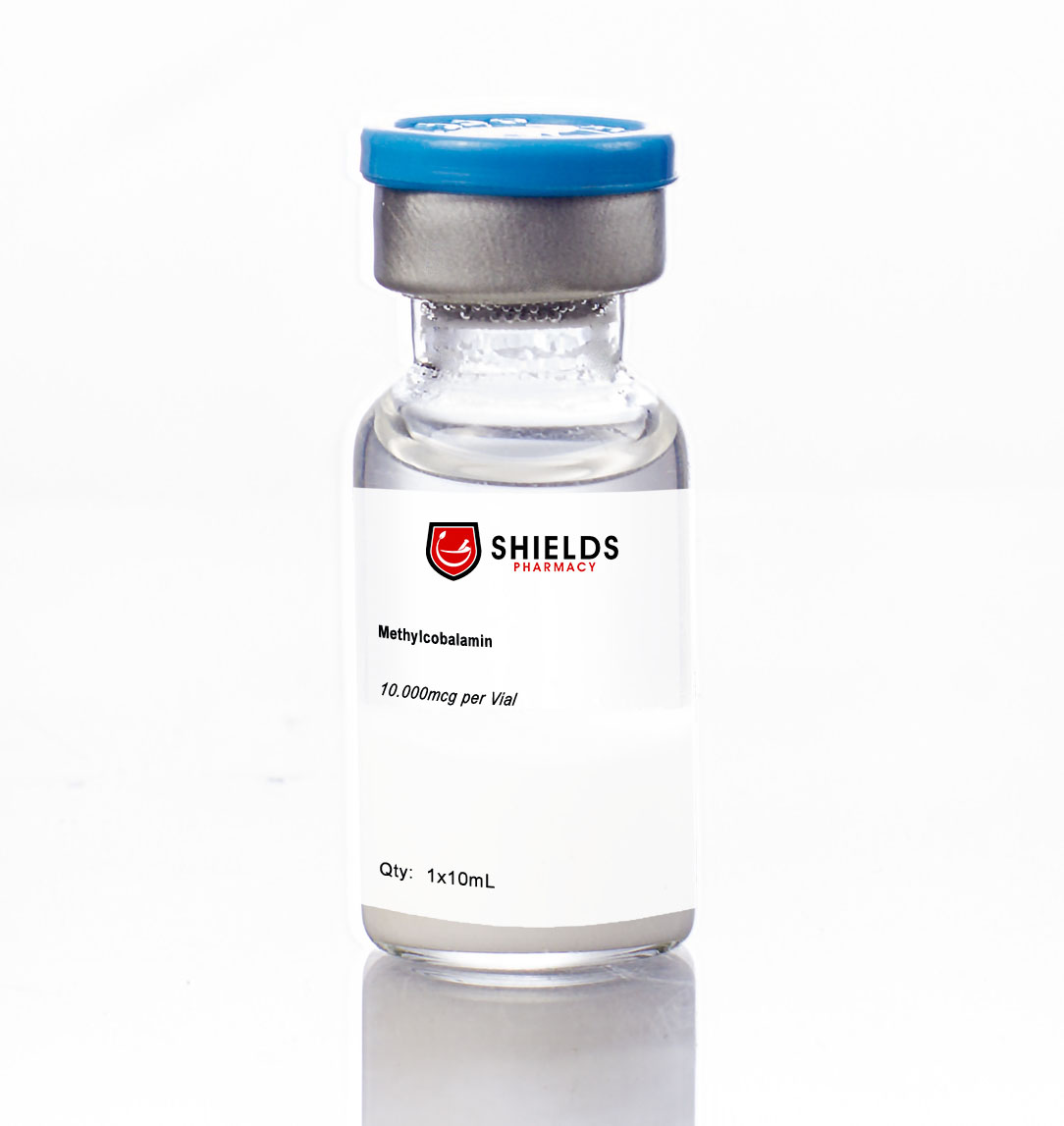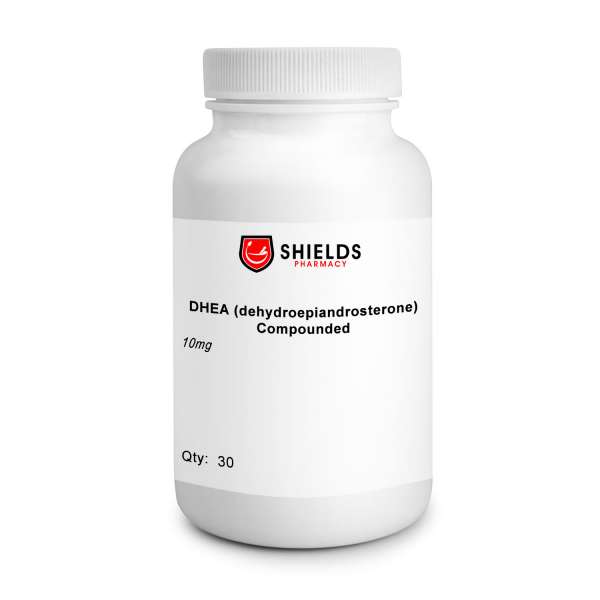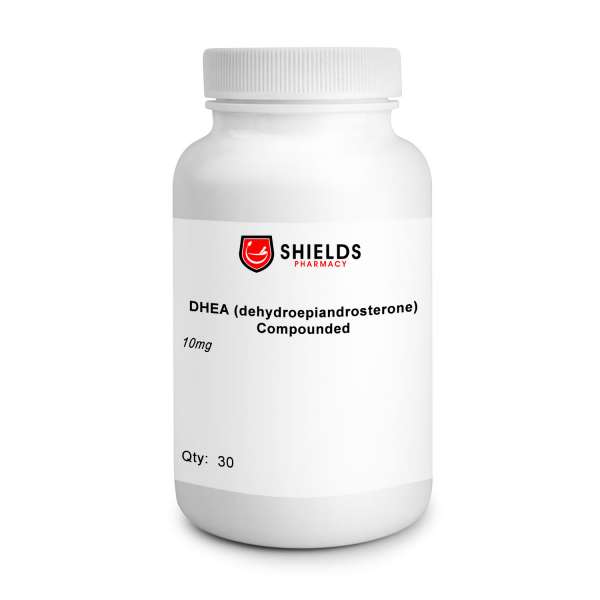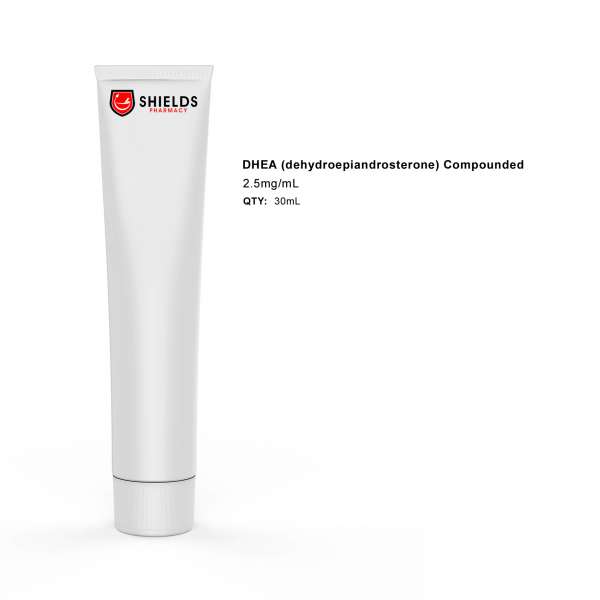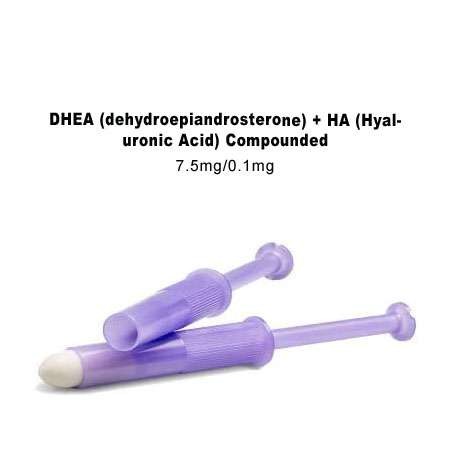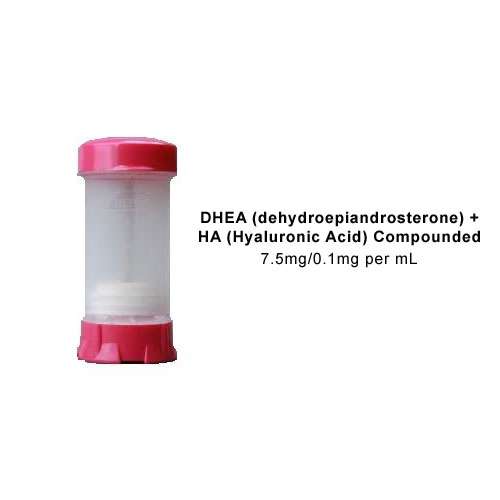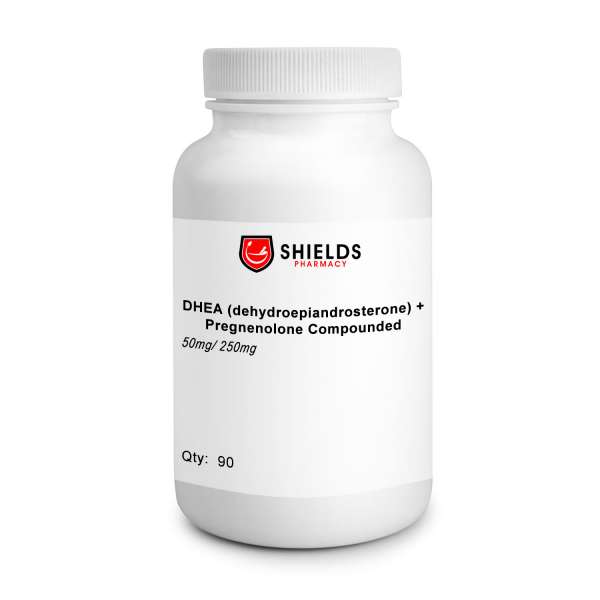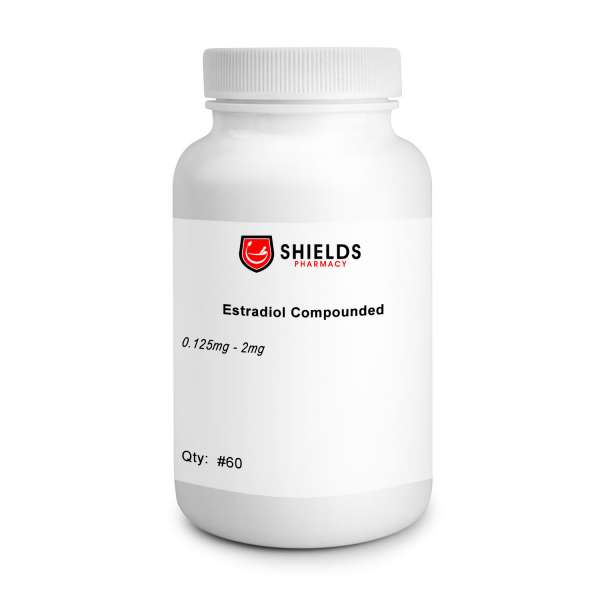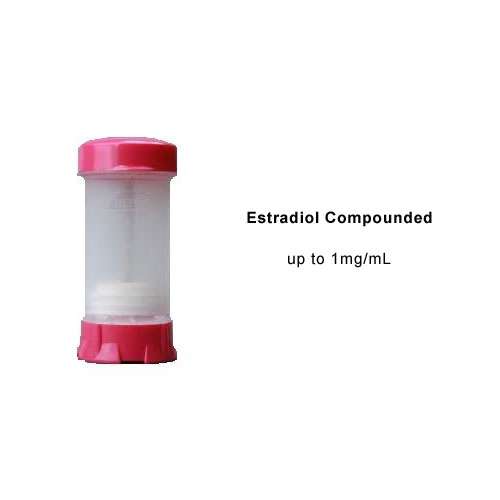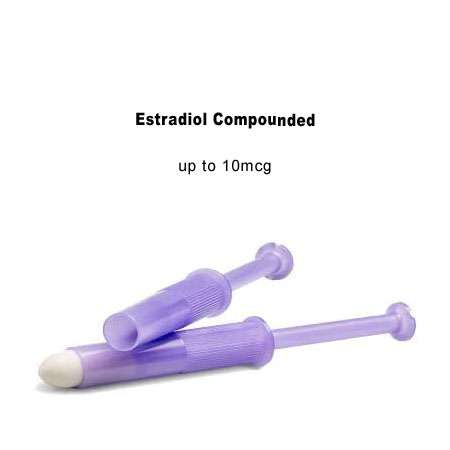Methylcobalamin - SubQ, IM, IV
Price: $0.00
Vitamin ...
Mail in my prescription
2196 Main St. Suite A Dunedin, FL 34698
Fax in my Prescription
Direct faxes to (727) 648 2695
Contact Shields Pharmacy to reach out to your Prescriber
Transfer my Prescription
Description
Methylcobalamin: Vitamin B12, is a B-vitamin. It is found in a variety of foods such as fish, shellfish, meats, and dairy products. Although methylcobalamin and vitamin B12 are terms used interchangeably, vitamin B12 is also available as hydroxocobalamin, a less commonly prescribed drug product (see Hydroxocobalamin monograph), and methylcobalamin. Methylcobalamin is used to treat pernicious anemia and vitamin B12 deficiency, as well as to determine vitamin B12 absorption in the Schilling test. Vitamin B12 is an essential vitamin found in the foods such as meat, eggs, and dairy products. Deficiency in healthy individuals is rare; the elderly, strict vegetarians (i.e., vegan), and patients with malabsorption problems are more likely to become deficient. If vitamin B12 deficiency is not treated with a vitamin B12 supplement, then anemia, intestinal problems, and irreversible nerve damage may occur.
The most chemically complex of all the vitamins, methylcobalamin is a water-soluble, organometallic compound with a trivalent cobalt ion bound inside a corrin ring which, although similar to the porphyrin ring found in heme, chlorophyll, and cytochrome, has two of the pyrrole rings directly bonded. The central metal ion is Co (cobalt). Methylcobalamin cannot be made by plants or by animals; the only type of organisms that have the enzymes required for the synthesis of methylcobalamin are bacteria and archaea. Higher plants do not concentrate methylcobalamin from the soil, making them a poor source of the substance as compared with animal tissues.
• Peripheral and diabetic neuropathy
• Plays an important role in red blood cells, prevention and treatment of anemia, methylation reactions, and immune system regulation
